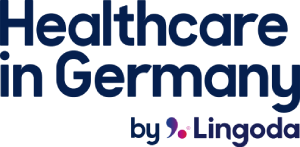In Germany, nursing is a regulated profession. This means you are only allowed to work as a nurse in Germany if you possess a certain qualification, such as a bachelor’s degree, master’s degree or diploma in nursing.
This means all nurses from abroad must undergo a recognition process. In this process, the German state compares the nursing education from the nurse’s home country with the German nursing education. This ensures that all foreign nurses meet the German standards in the practice of their profession.
This is how the recognition process works
Application: You submit an application for recognition of your foreign professional qualifications to the responsible authorities in Germany. Each federal state in Germany has its own authority with specific requirements and documentation. Good recruiting agencies and employers often assist with the bureaucracy and application process.
Review: The responsible authority reviews your documents (e.g. certificates, diplomas, etc.) and compares the content of your training with the German nursing curriculum. For example, they check whether all the necessary subject areas were covered for the required duration or if any training content is missing or insufficient.
Outcome: After the review, you will receive an “assessment notice” (Feststellungsbescheid), which can have the following outcomes:
- Full recognition: If your foreign qualification is essentially equivalent to the German qualification, you will be issued a notice of recognition (Gleichwertigkeitsbescheid). If you receive full recognition, you only need to complete a B2-level language certificate and can then apply for your professional licence. With this licence, you are allowed to work as a registered nurse throughout Germany.
- Partial recognition: If there are differences between your qualification and the German training, you must complete a compensatory measure, such as an adaptation course or a medical knowledge test. If you receive a partial recognition, you must undergo the required compensatory measures and obtain a B2-level language certificate. Only then can you apply for your professional licence, allowing you to work as a nurse throughout Germany.
- Rejection: If your qualification is not recognized because it significantly differs from the German qualification, you will need to complete a full three-year nursing education program in Germany to work as a registered nurse.
What is a Compensatory Measure (Ausgleichsmaßnahme)?
A compensatory measure helps you bridge any gaps between your qualifications and the German nursing standards. This ensures that you have all the necessary theoretical and practical knowledge to work as a registered nurse in Germany.
You have two options for a compensatory measure.
What is an Adaptation Course (Anpassungslehrgang)?
The adaptation course addresses the differences in training between foreign nurses and German nursing standards. The content can be both practical and theoretical. The duration of an adaptation period varies significantly, ranging from six months to three years. It also depends on the specific areas where you need to complete a certain number of hours. The required hours in each area can vary greatly depending on the country of origin and the federal state in Germany.
Once you successfully complete the adaptation course, your foreign qualification will be recognized in Germany. Afterward, you are officially allowed to work as a state-recognized nurse in Germany, holding the same professional status, rights, and responsibilities as a nurse trained in Germany.
What is a Medical Knowledge Exam (Kenntnisprüfung)?
The medical knowledge exam is similar to a final examination and consists of both oral and practical components. During the exam, you must demonstrate that you have the equivalent professional knowledge as a nurse trained in Germany. The content of the exam is based on the training curriculum for nurses in Germany.
The Oral Component of the Medical Knowledge Exam
The oral exam usually takes place in a nursing school and lasts around 60 minutes. You will be given a case study, which is a description of a specific care scenario or the situation of a person in need of care. You will be asked questions related to this case. It is important to not only provide factual knowledge but to also reflect on the questions, analyse them, express your own opinion, and justify your answers thoroughly.
Typically, three people are present during the oral exam: two examiners who ask questions, record your answers, and assess them, and a chairperson who ensures that the examination follows official procedures.
The Practical Component of the Medical Knowledge Test
In the practical exam, you demonstrate how you handle patients, identify their individual needs and provide proper care. You must follow the various German nursing standards precisely, such as personal care, wound treatment and hygiene standards.
You will be tested in various care situations that reflect common scenarios in nursing, e.g. specific medical conditions or patient needs. The number of situations and the specific care areas to be tested will be outlined in your assessment decision.
The practical exam typically takes place in a healthcare facility, such as your workplace. In exceptional cases, it can also be conducted at a nursing school in a simulated setting using a mannequin or an actor. As in the oral exam, two examiners are also present during the practical exam.
Once you successfully pass the medical knowledge exam, you can apply for your professional licence. With this licence, you are officially recognized as a registered nurse in Germany, holding the same professional status, rights, and responsibilities as a nurse trained in Germany.
How Do I Prepare for the Medical Knowledge Exam?
Important: You are only allowed to retake the knowledge test once. Therefore, it’s highly recommended to attend a preparation course to ensure you’re fully prepared.
There is no official requirement to prepare for the exam, i.e. you can prepare by studying independently. However, since the nursing profession in Germany may cover areas that differ from those in your home country, it is advisable to attend a preparation course specifically designed for the medical knowledge test.
These preparatory courses are offered by nursing schools or other educational providers like Lingoda, often in cooperation with healthcare facilities such as hospitals or nursing homes. The course typically lasts around six months.
In Lingoda’s preparation course, for example, you will learn the theoretical foundations of nursing in Germany, practice skills, and discuss case studies with experienced nursing instructors. Lingoda helps you connect theory, language, and practise effectively. Additionally, they support both you and your employer in organising the knowledge exam, so you can fully focus on learning and preparation.
What Costs Should I Expect for the Adaptation Course or Medical Knowledge Exam?
Most educational providers charge a fee for the adaptation course or the medical knowledge exam. The exact fee is determined by the individual institution.
For example, Linogda’s preparation course for the medical knowledge exam is funded through an educational voucher (Bildungsgutschein). In this case, the German government covers the costs of the preparation course, including learning materials and the planning and administration of the medical knowledge exam. This means the preparation course is free to you and your employer.
Adaptation Course or Medical Knowledge Exam – Which is the Right Choice for Me?
Whether you decide to take the adaptation course or the medical knowledge exam depends on several factors. Here are the key differences between the two options:
| Adaptation Course | Medical Knowledge Exam | |
| Type | Theoretical and practical course with final interview | Exam with an oral and written component |
| Duration | Individual duration, up to three years | (Six month) preparation course recommended, but not mandatory |
| Costs | Costs vary (depending on the educational provider and federal state) | Costs vary (depending on the educational provider and federal state). With Lingoda, the preparation course, including the final medical knowledge exam, is fully covered by the educational voucher (Bildungsgutschein) |
| Preparation for the measure | Generally no preparation courses | Preparation course, e.g. through Lingoda, recommended but not mandatory |
| Areas where you can complete the measure | Primarily applicable for hospitals/inpatient acute care facilities | Varies by federal state, but can be completed in all areas including inpatient and acute and long-term care, as well as outpatient care |
|
Medical language acquisition during the measure |
Accompanying medical language acquisition is not usually part of the measure, but a language course is often taken alongside to strengthen language skills | Medical language lessons are often an integral part of the preparation course for the medical knowledge exam |
| Starting dates of the measures | The start of the measure is individually dependent on the capacity of the educational provider | Regularly scheduled course starts (at Lingoda two course starts per month) |

